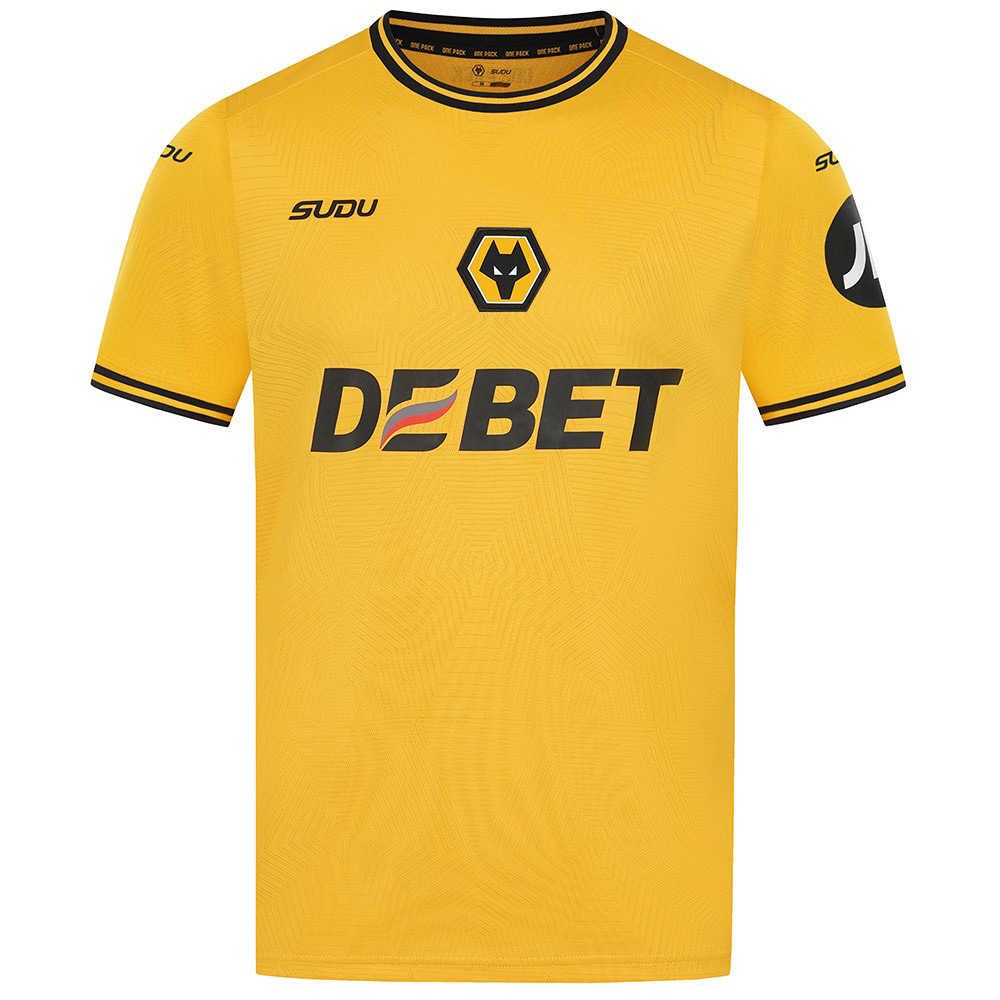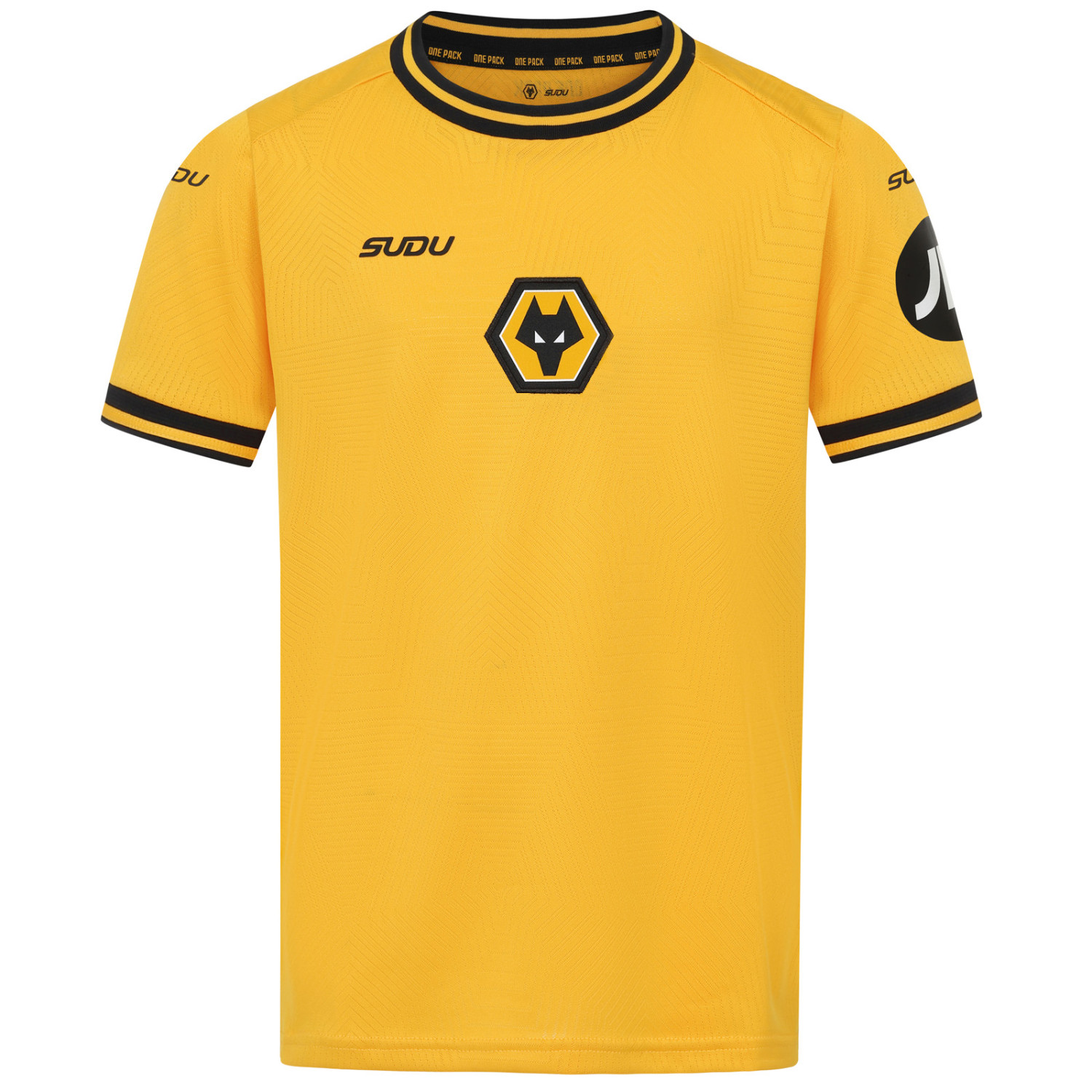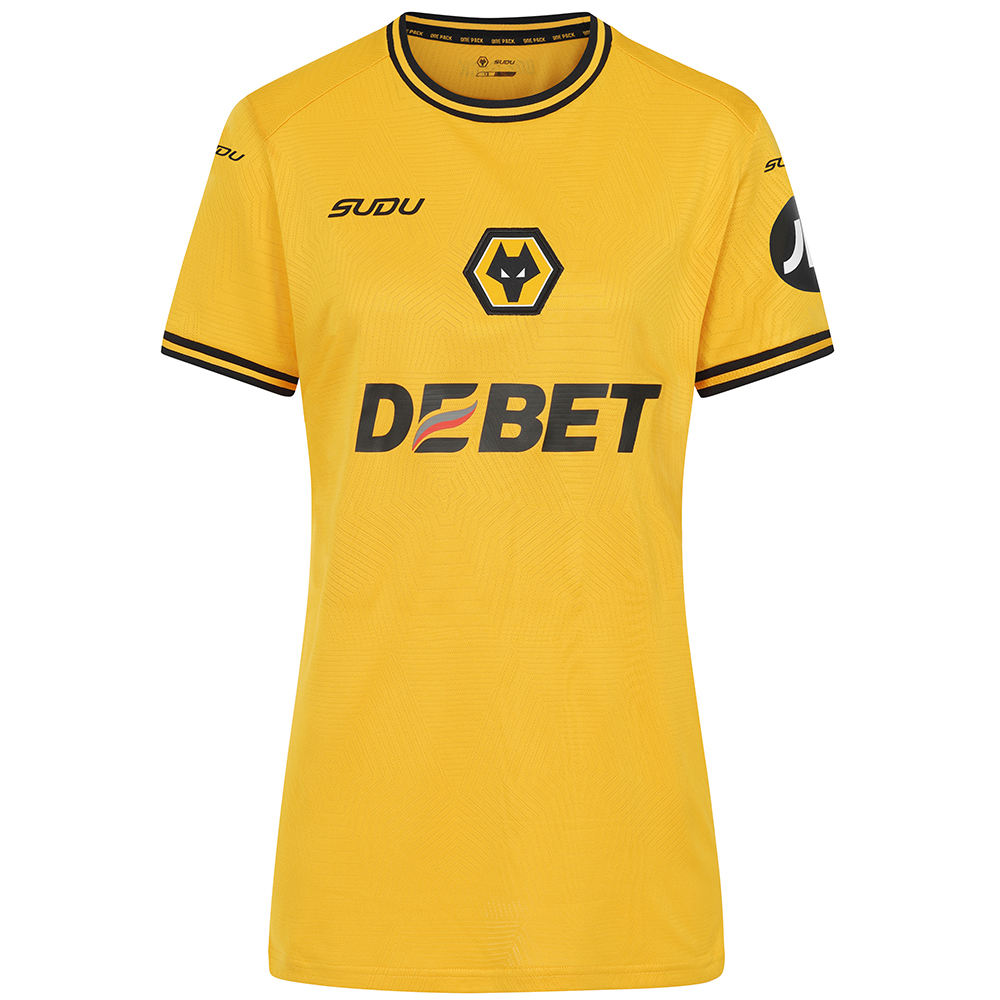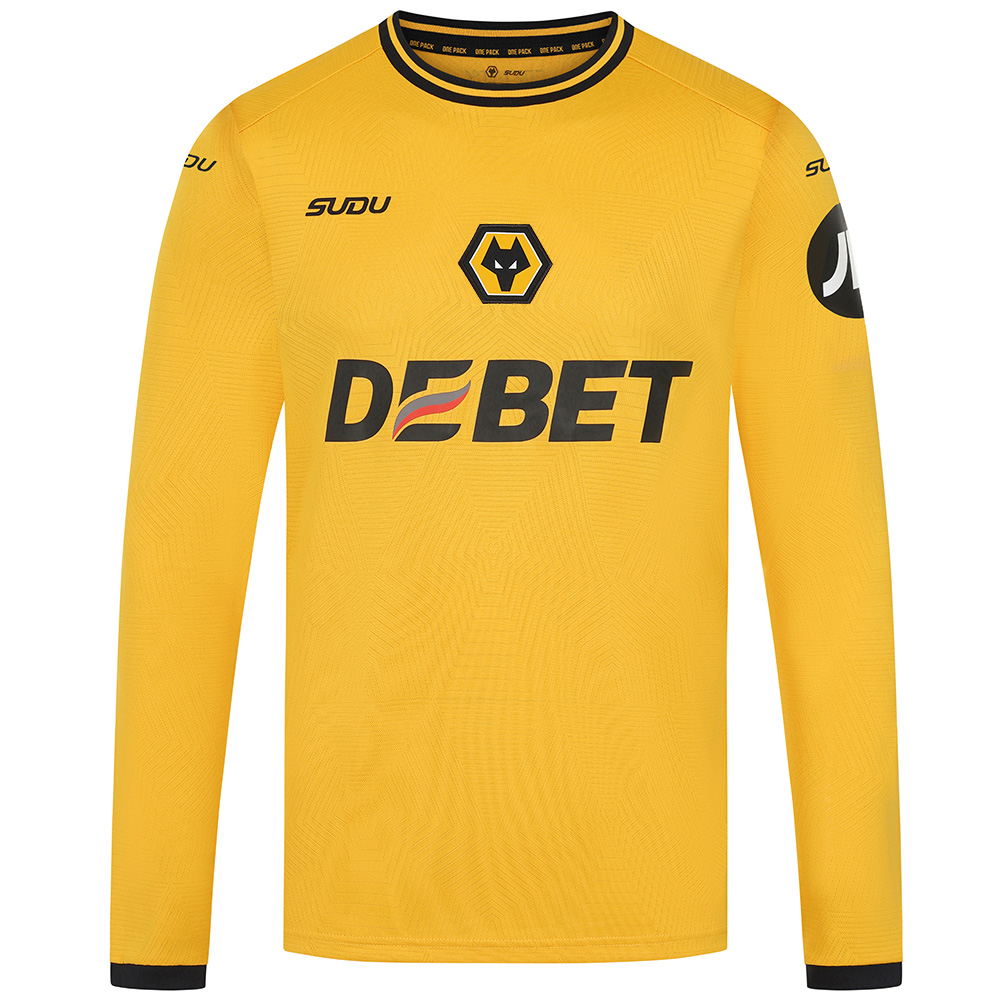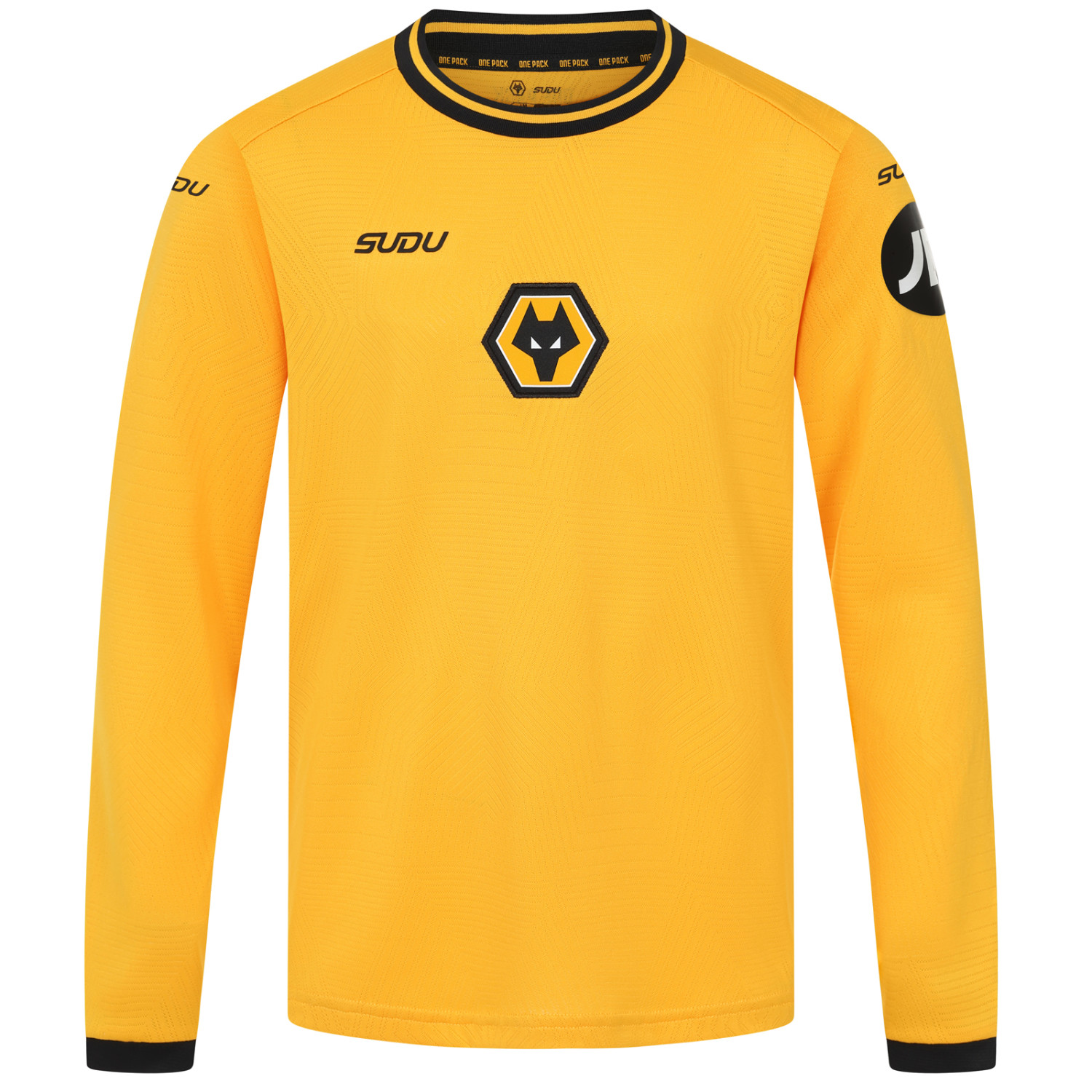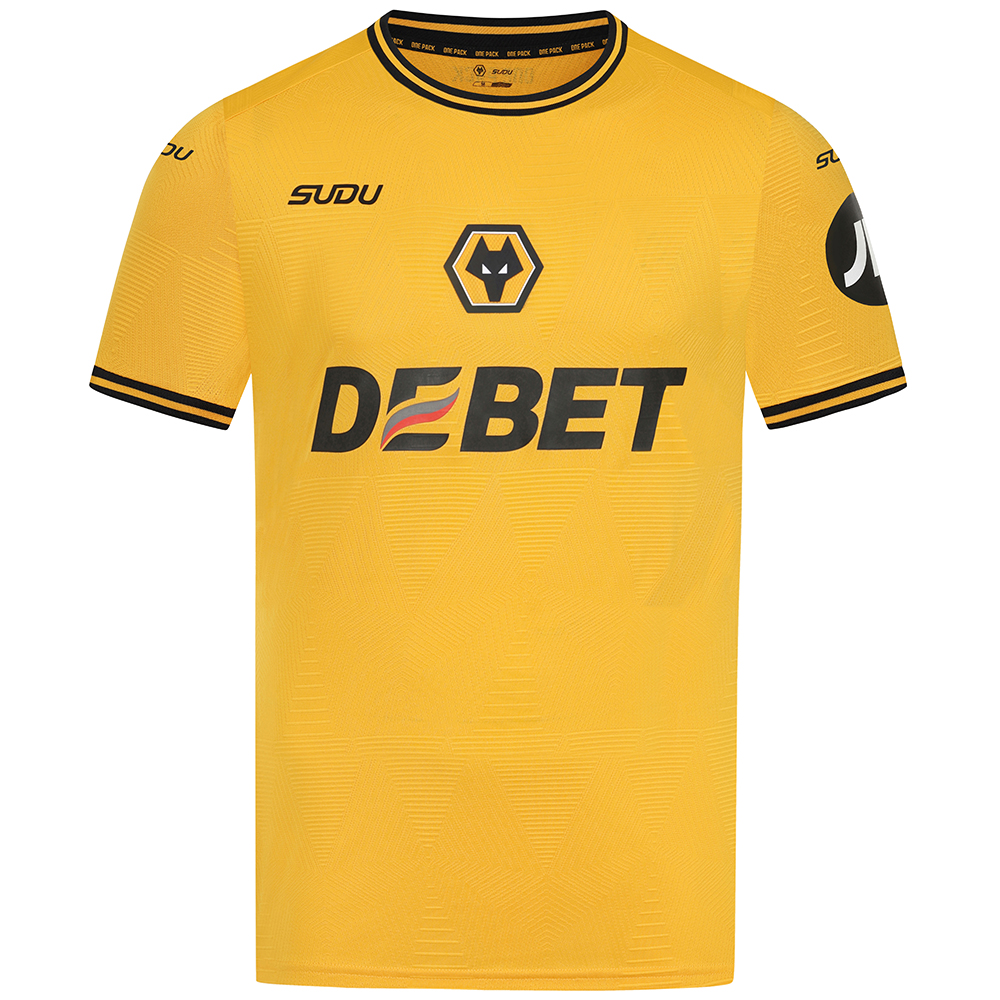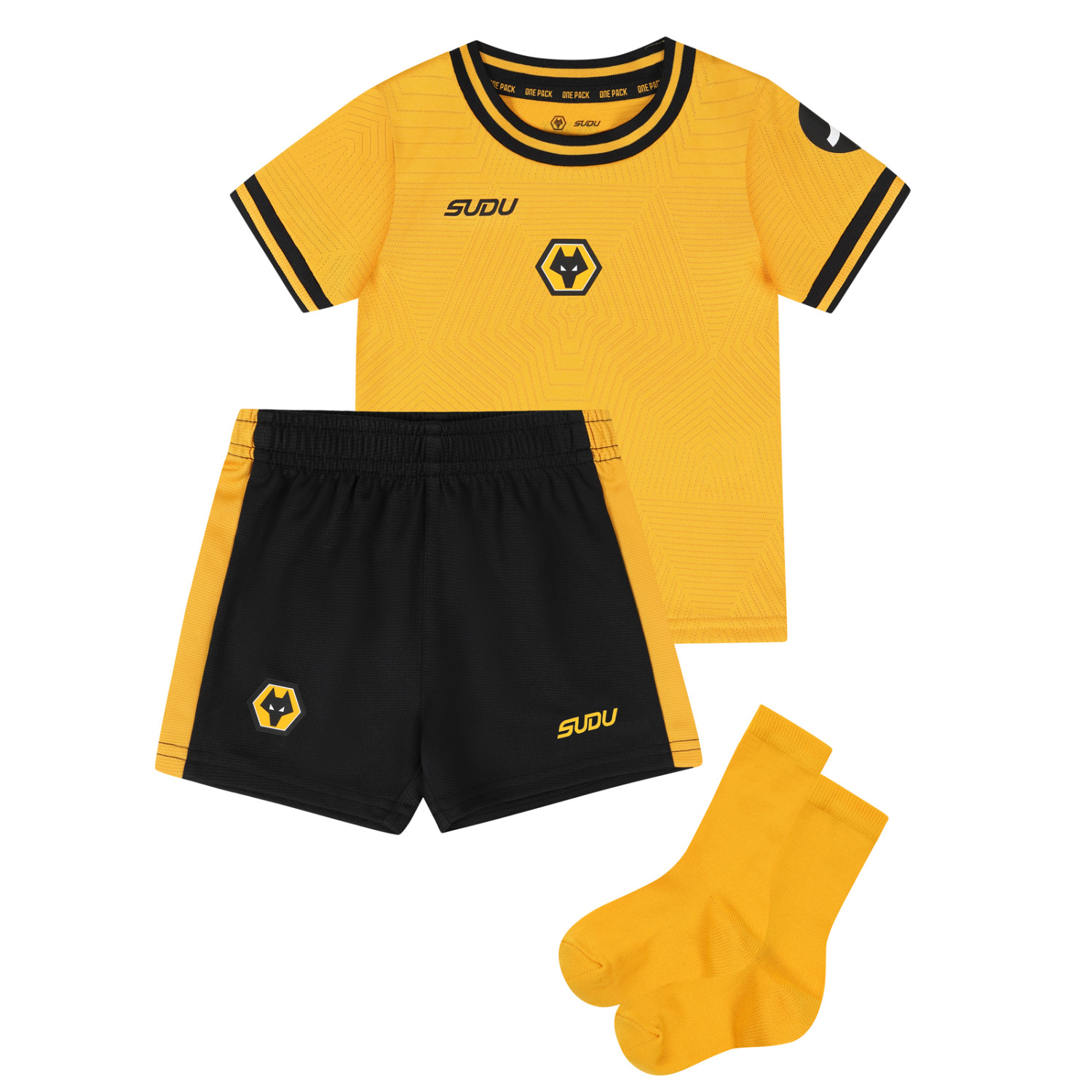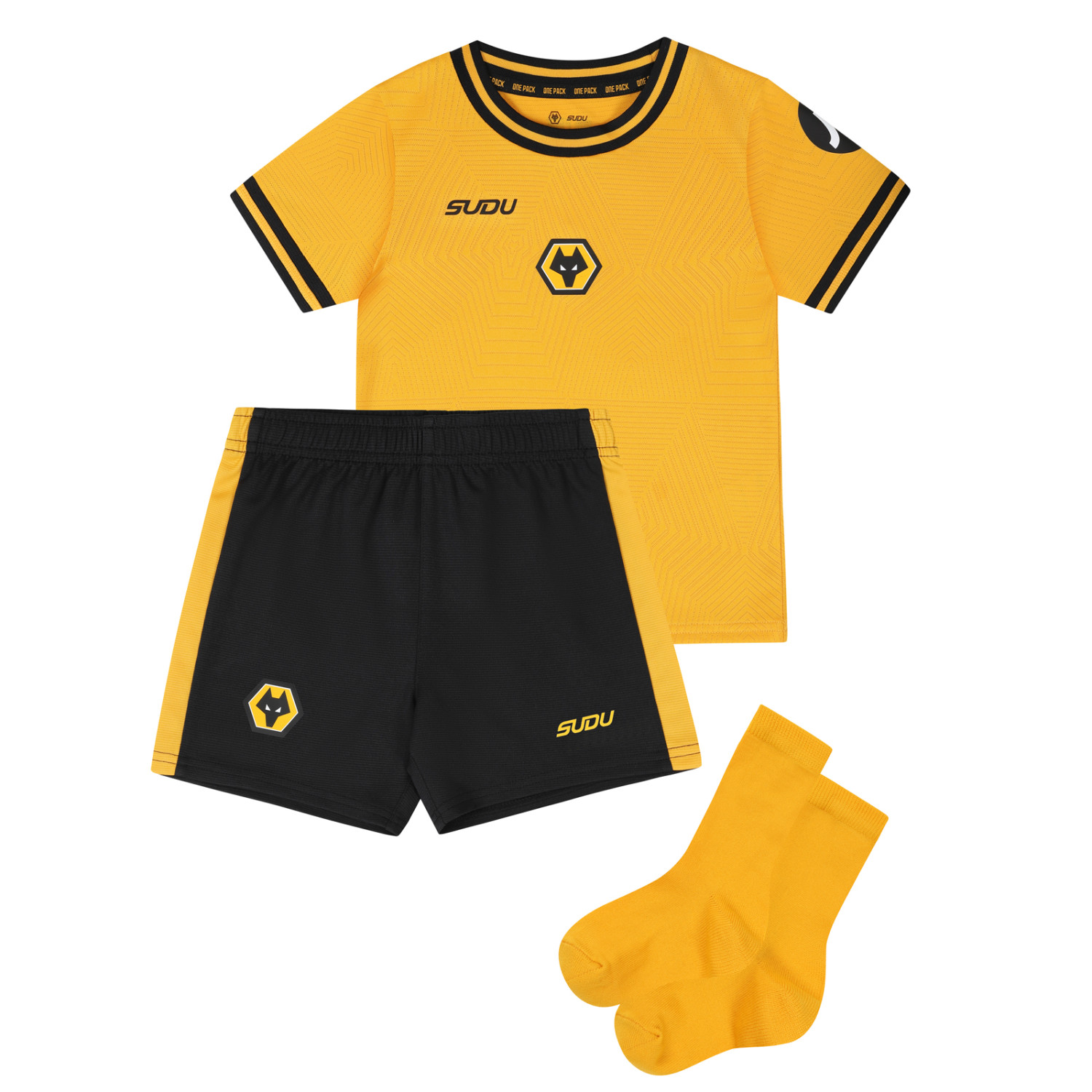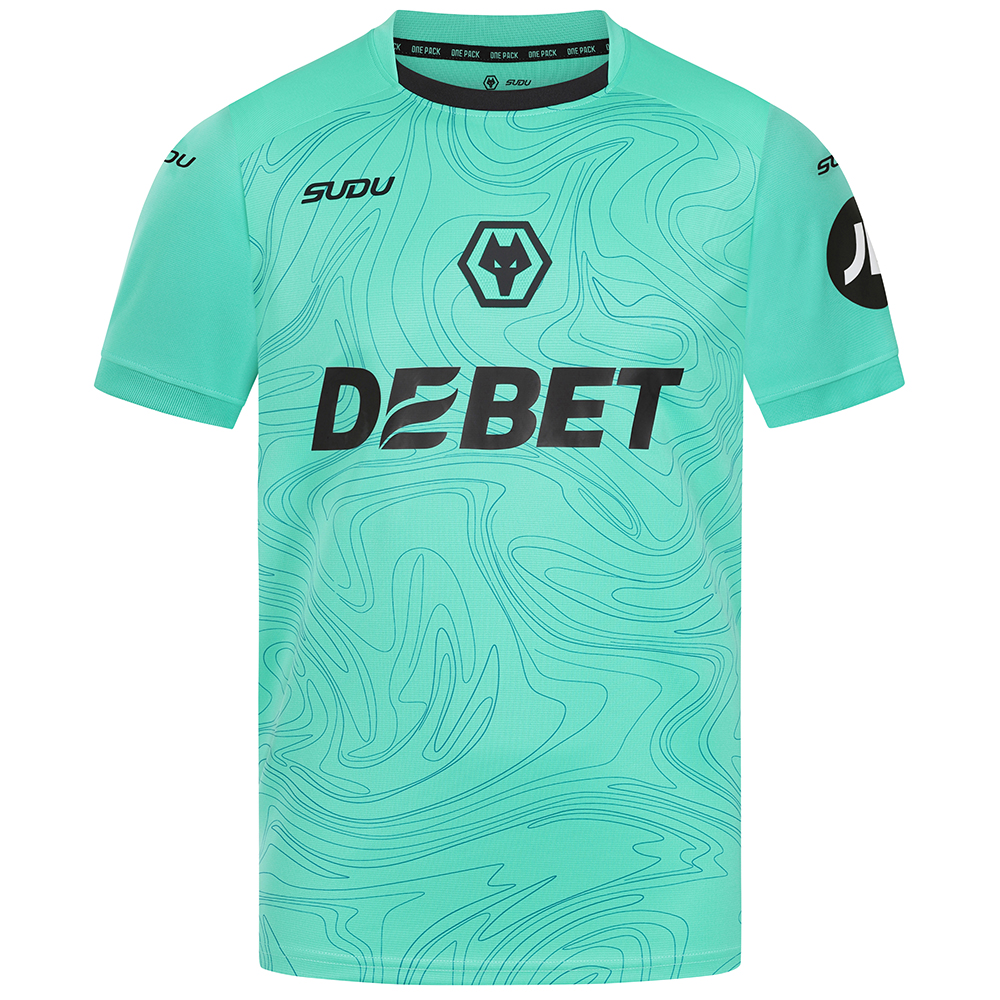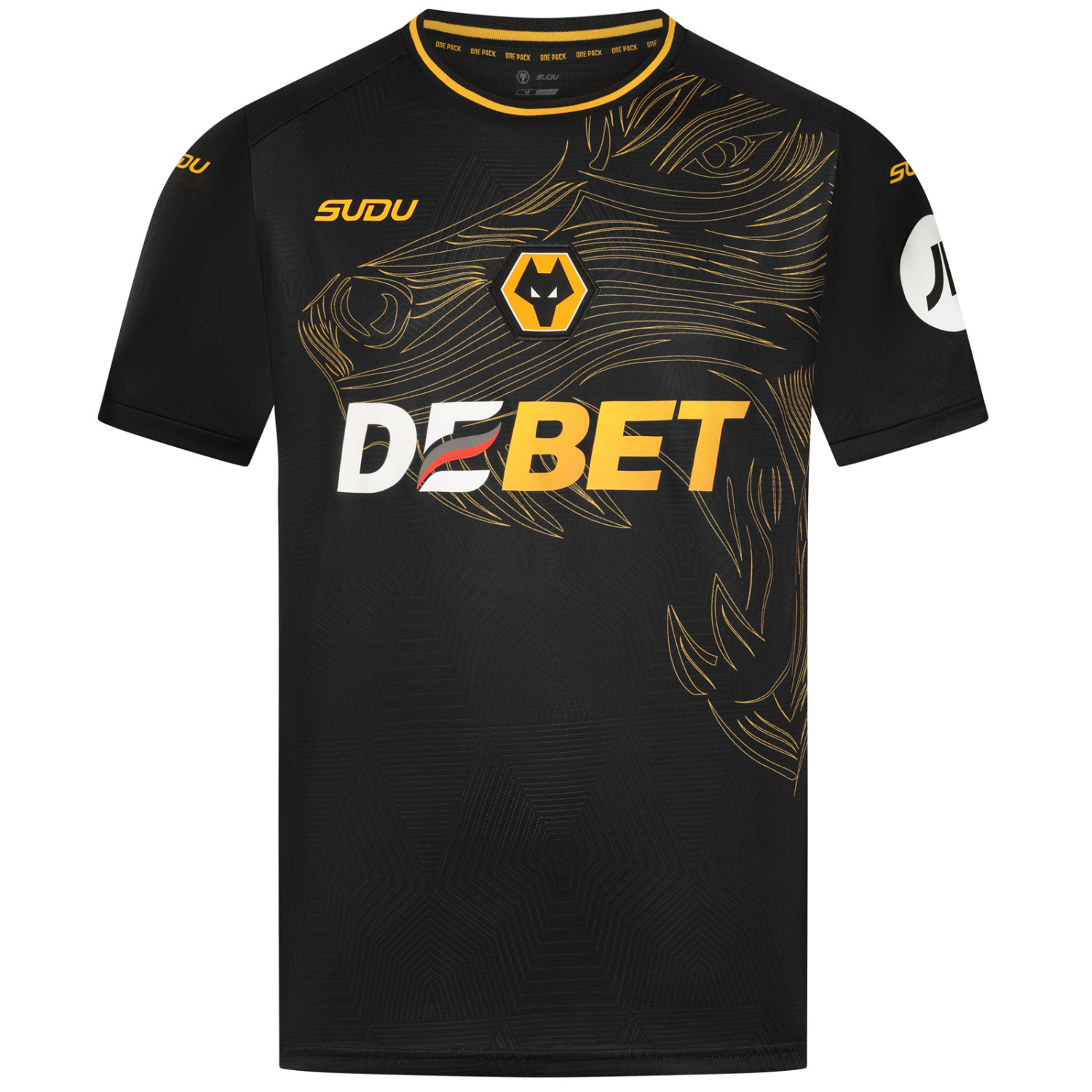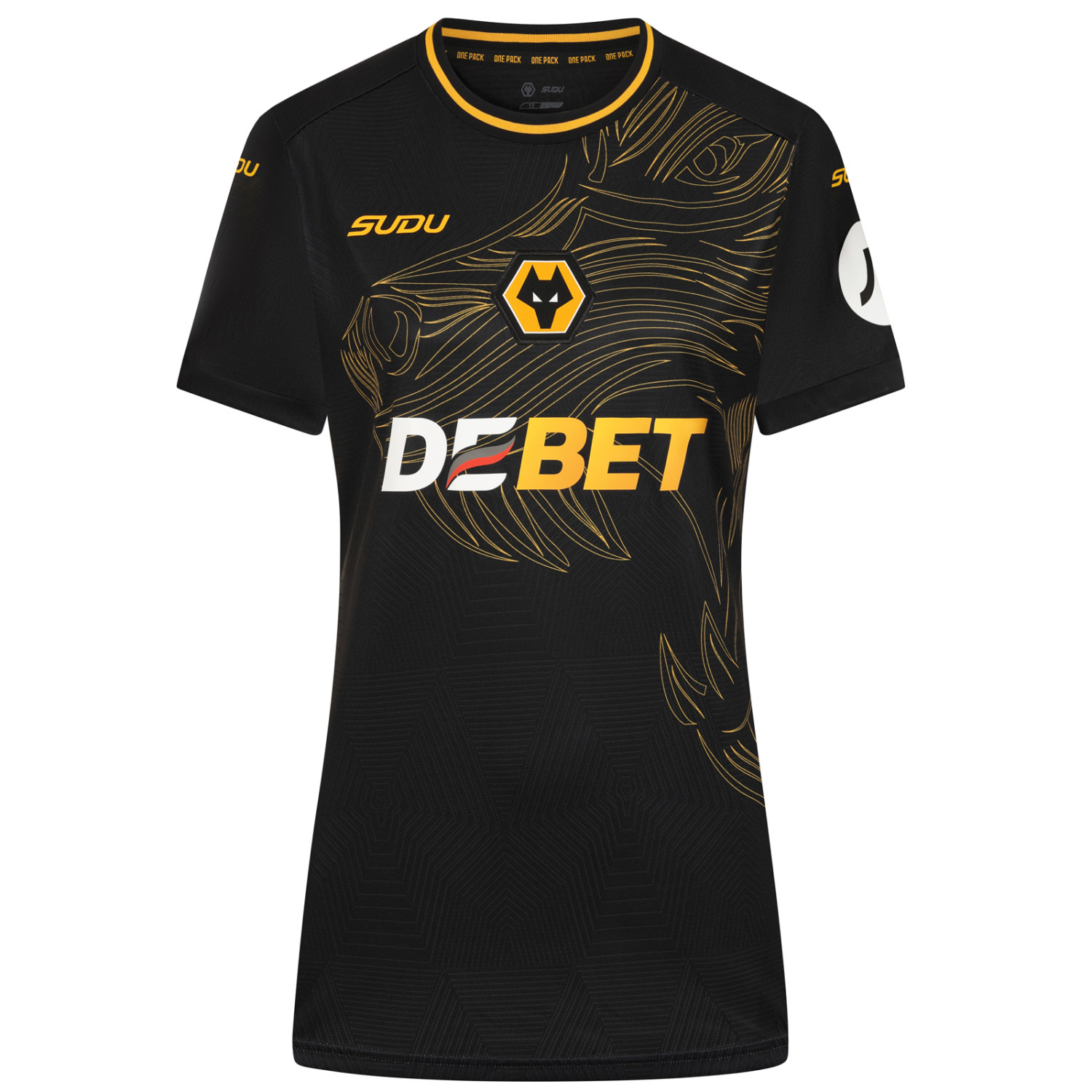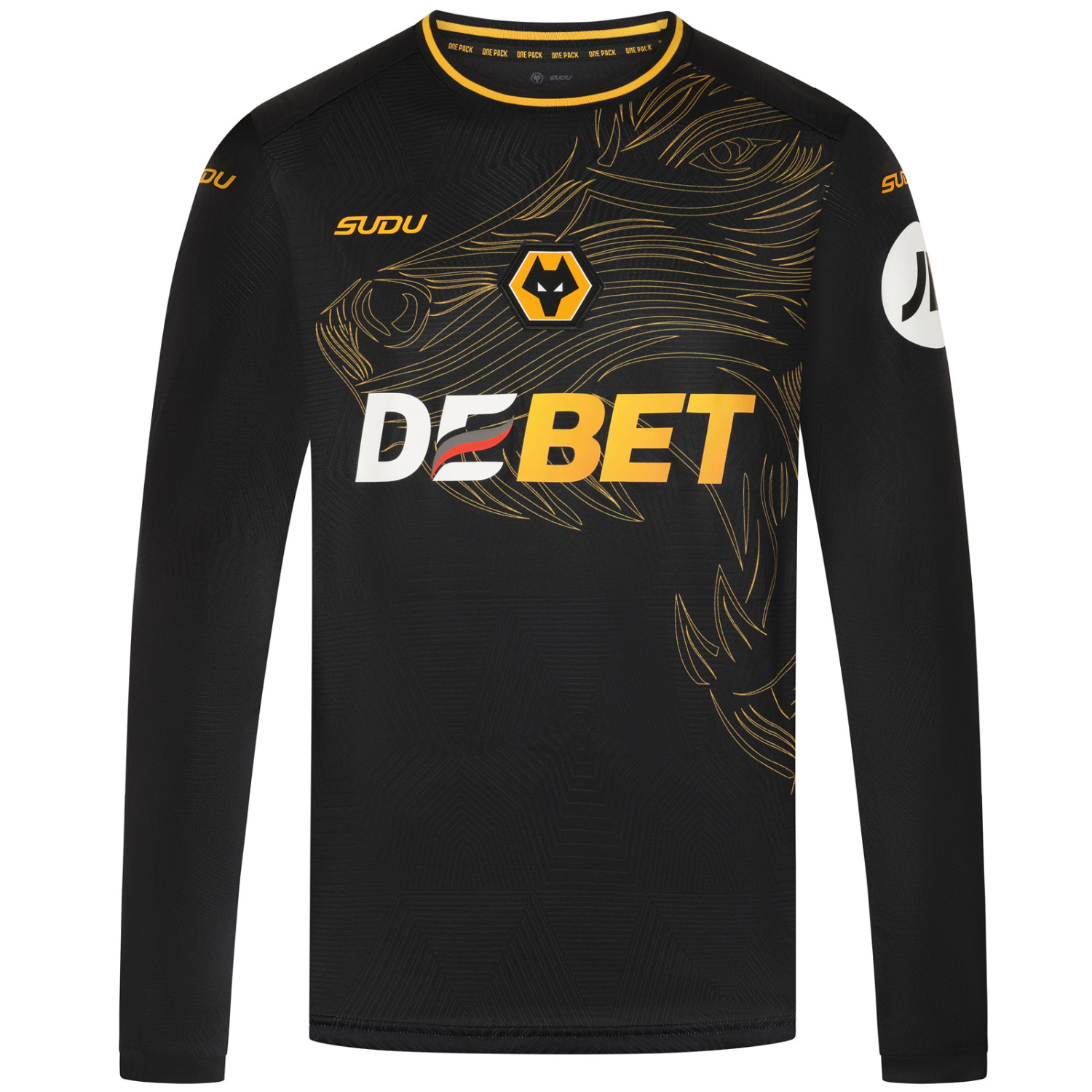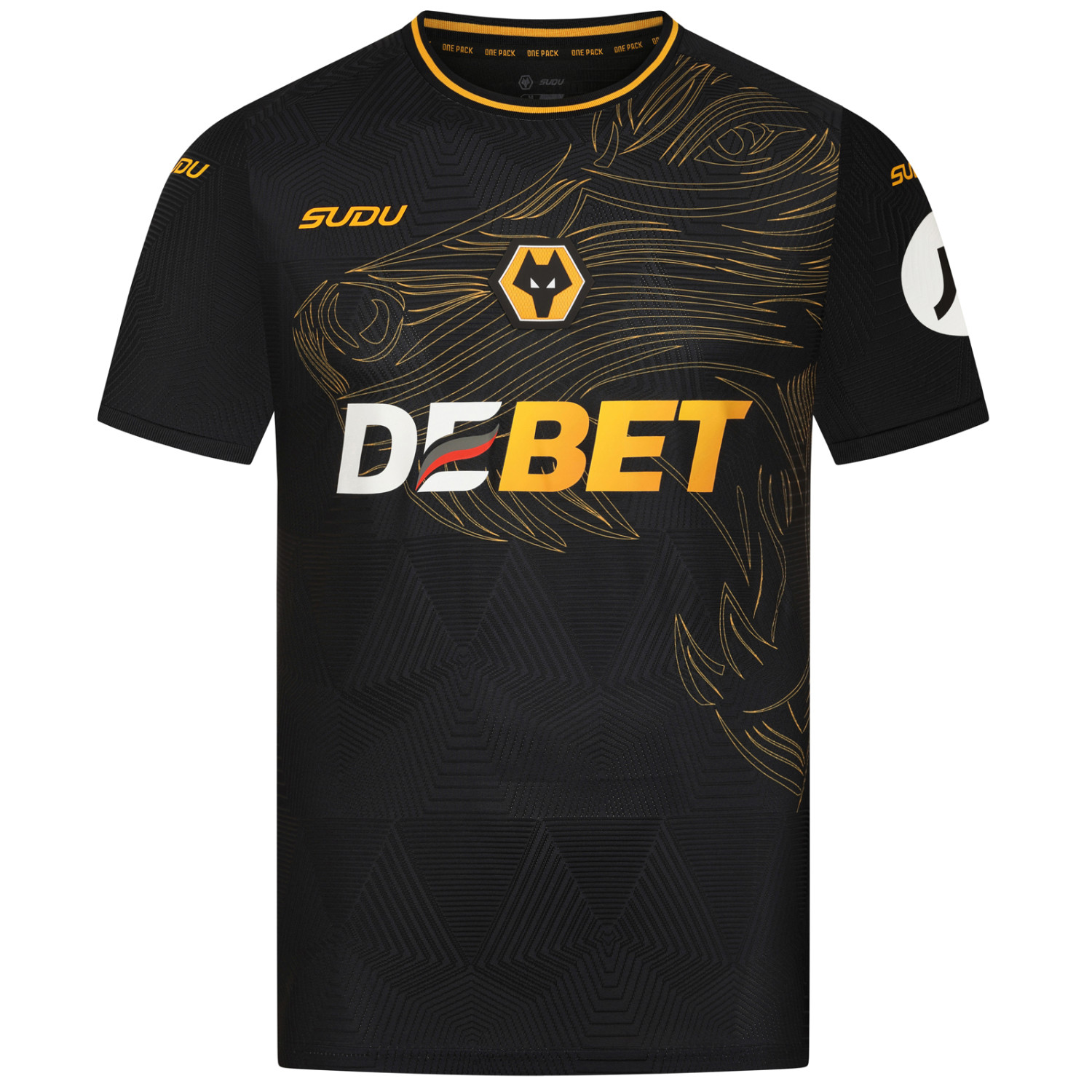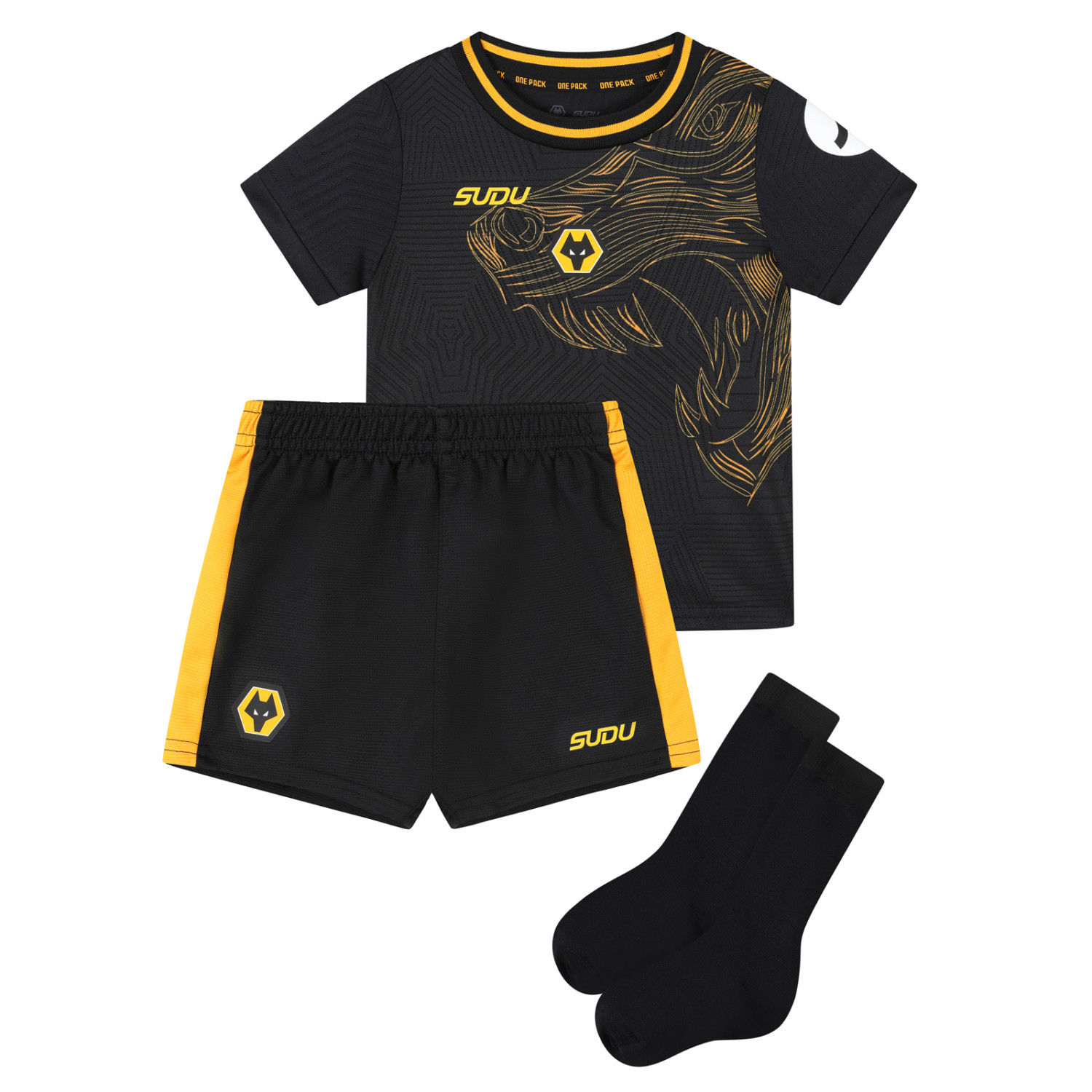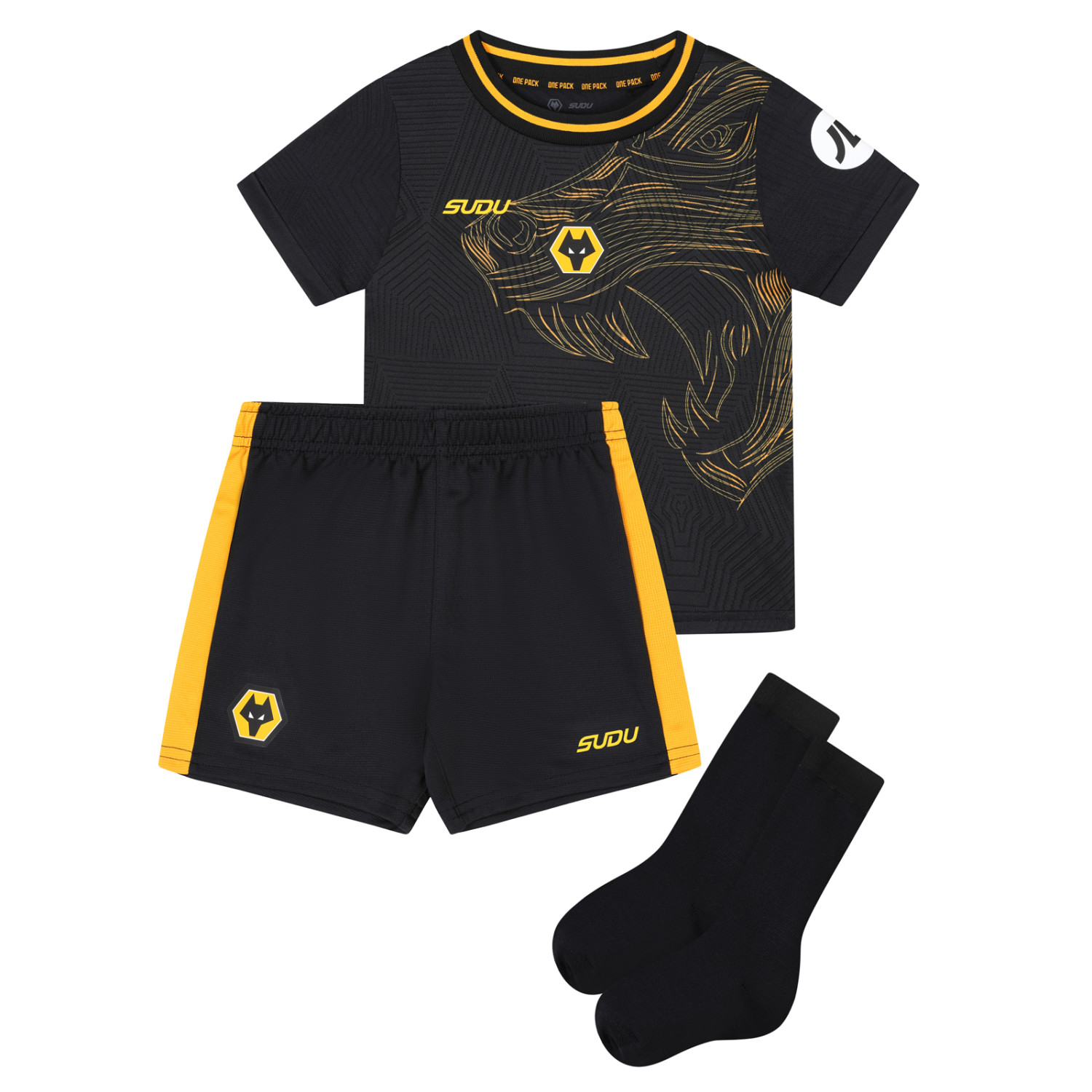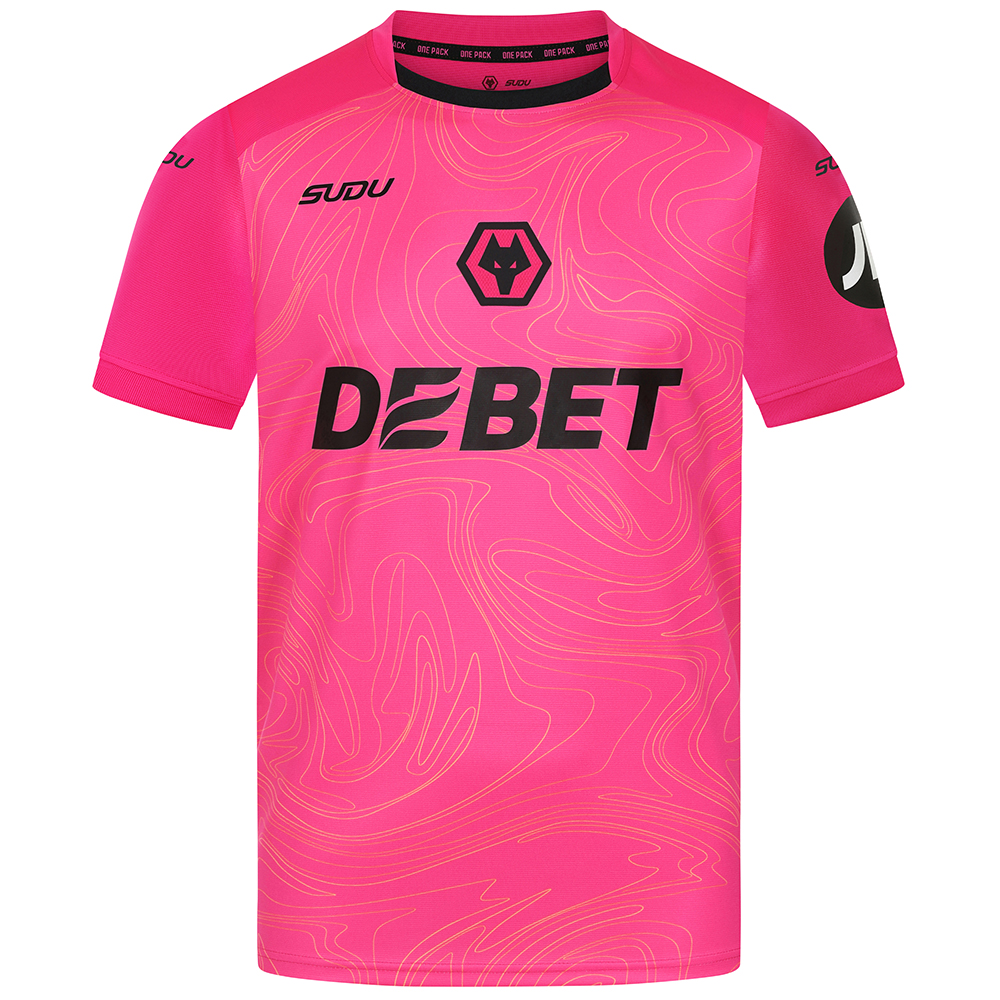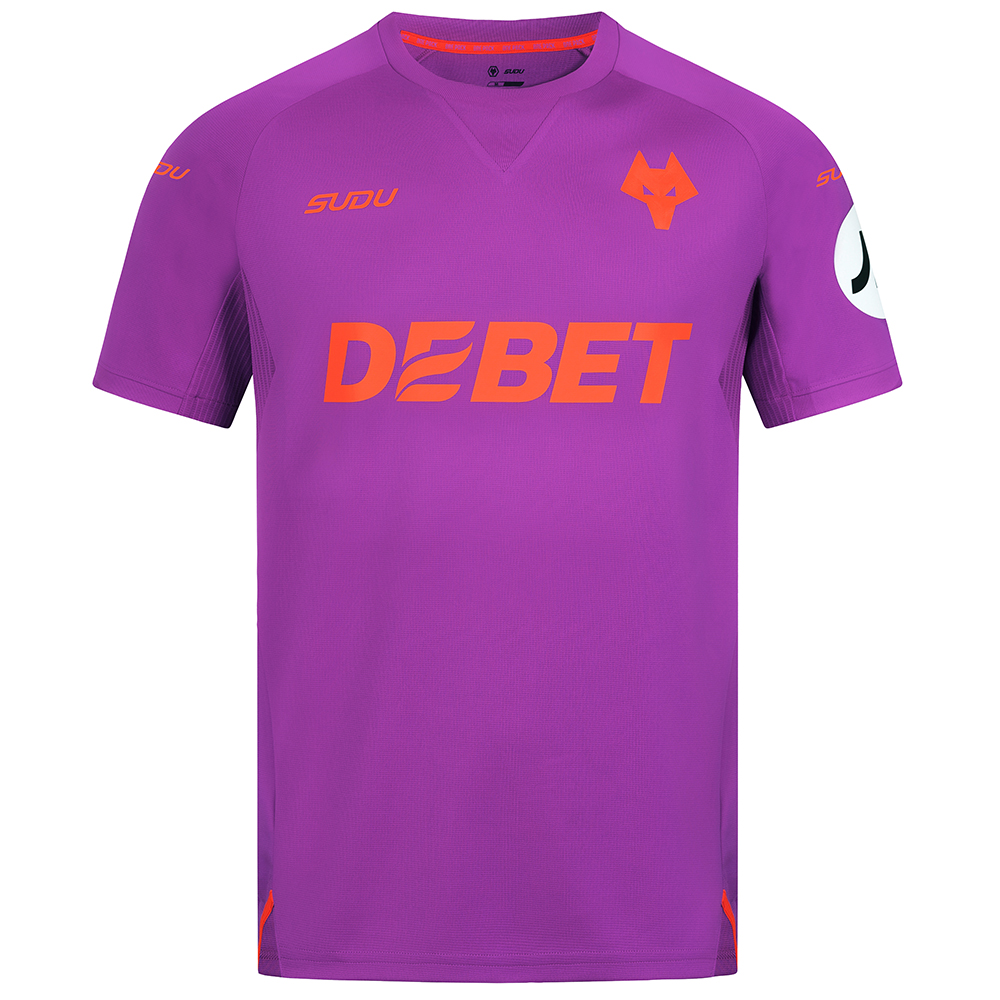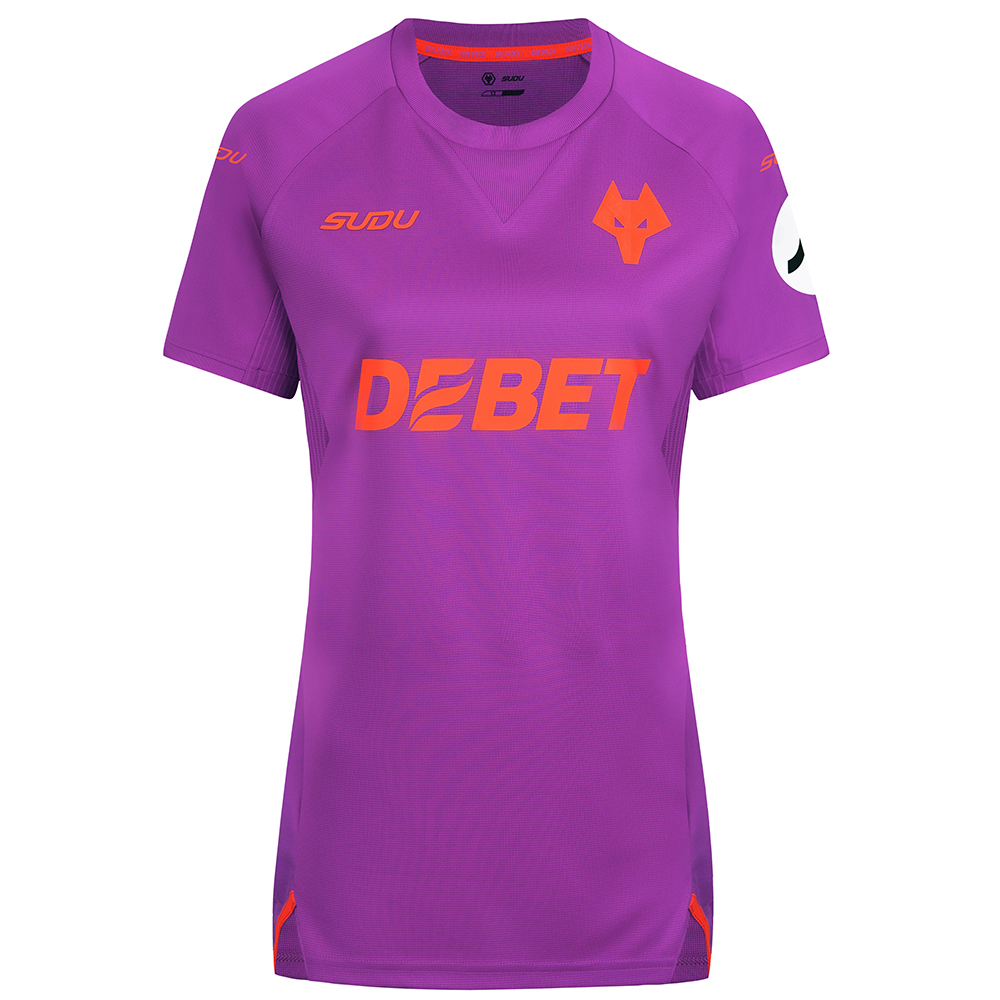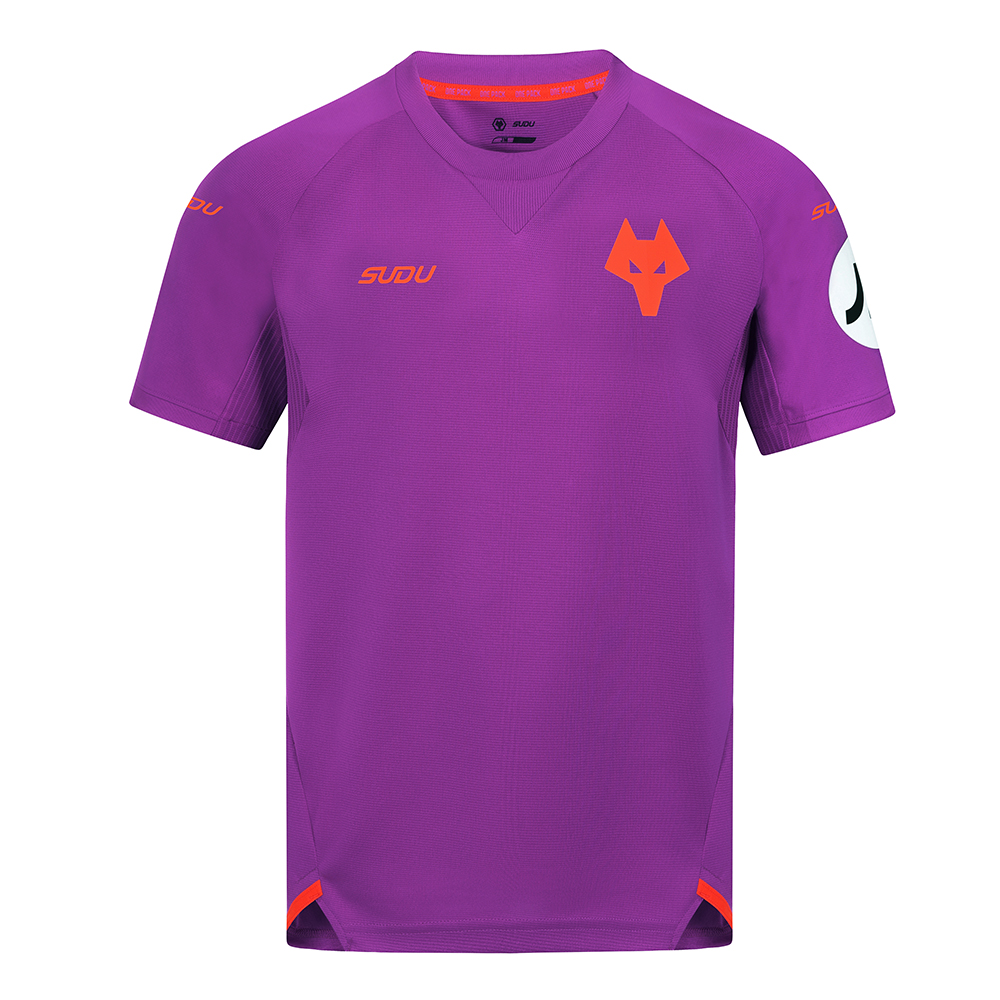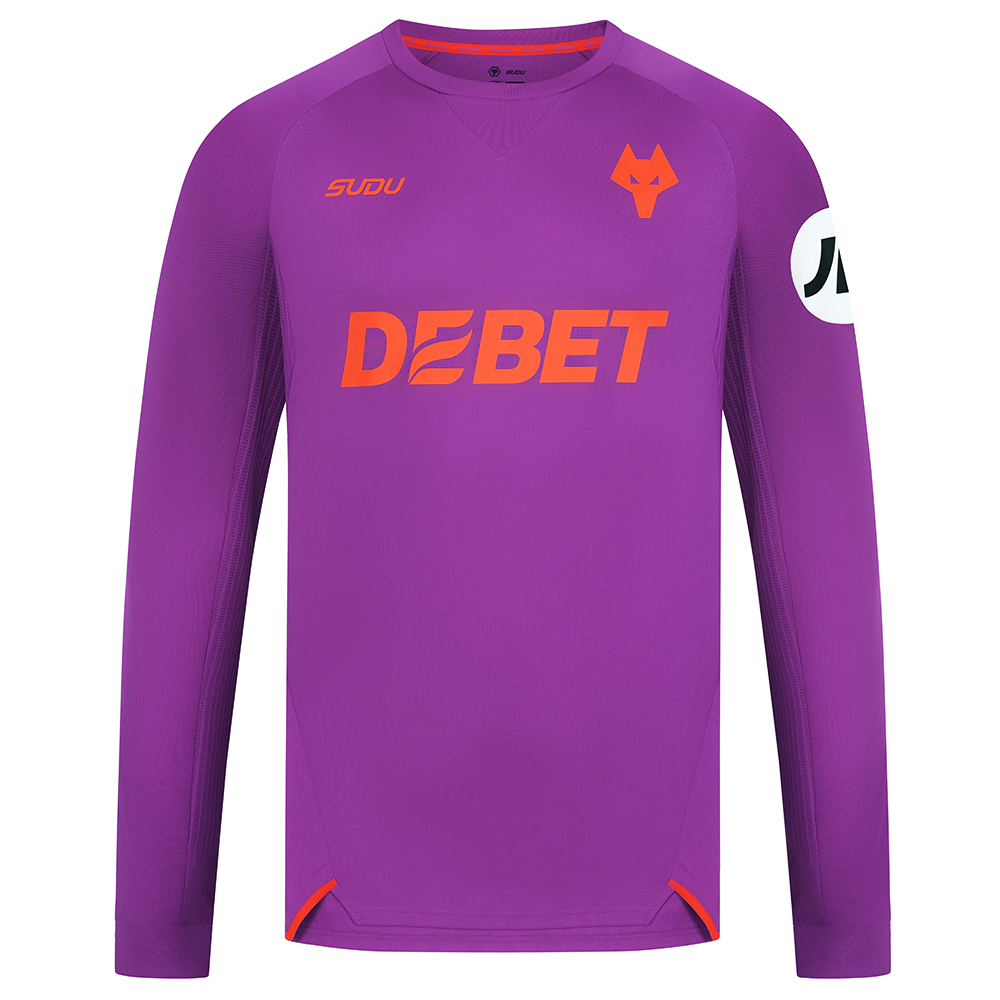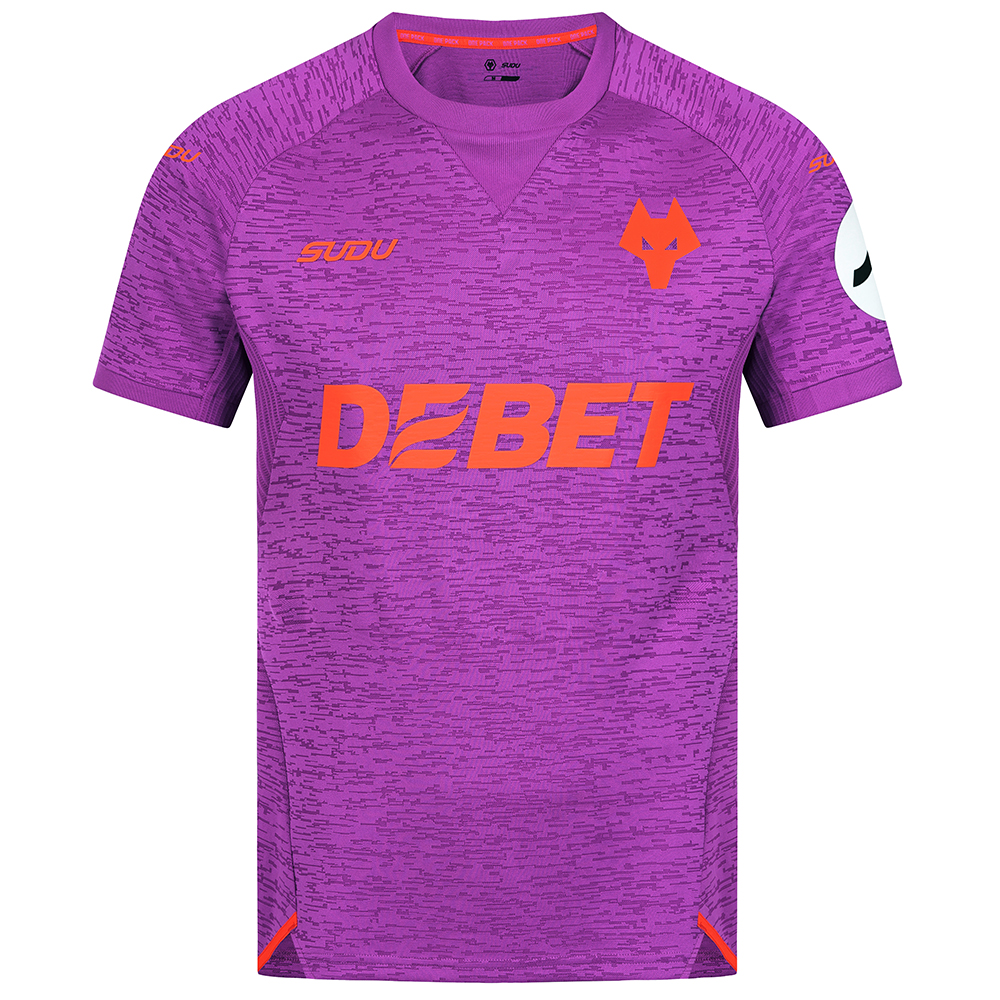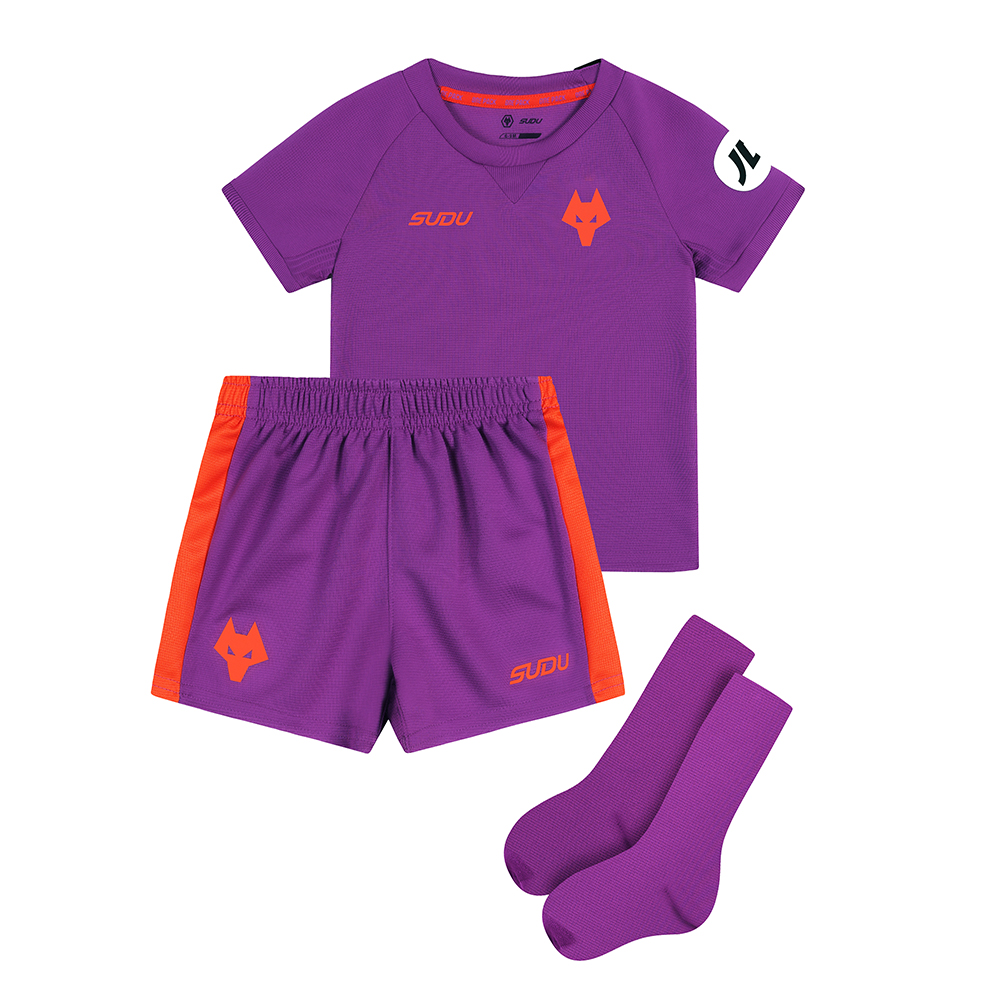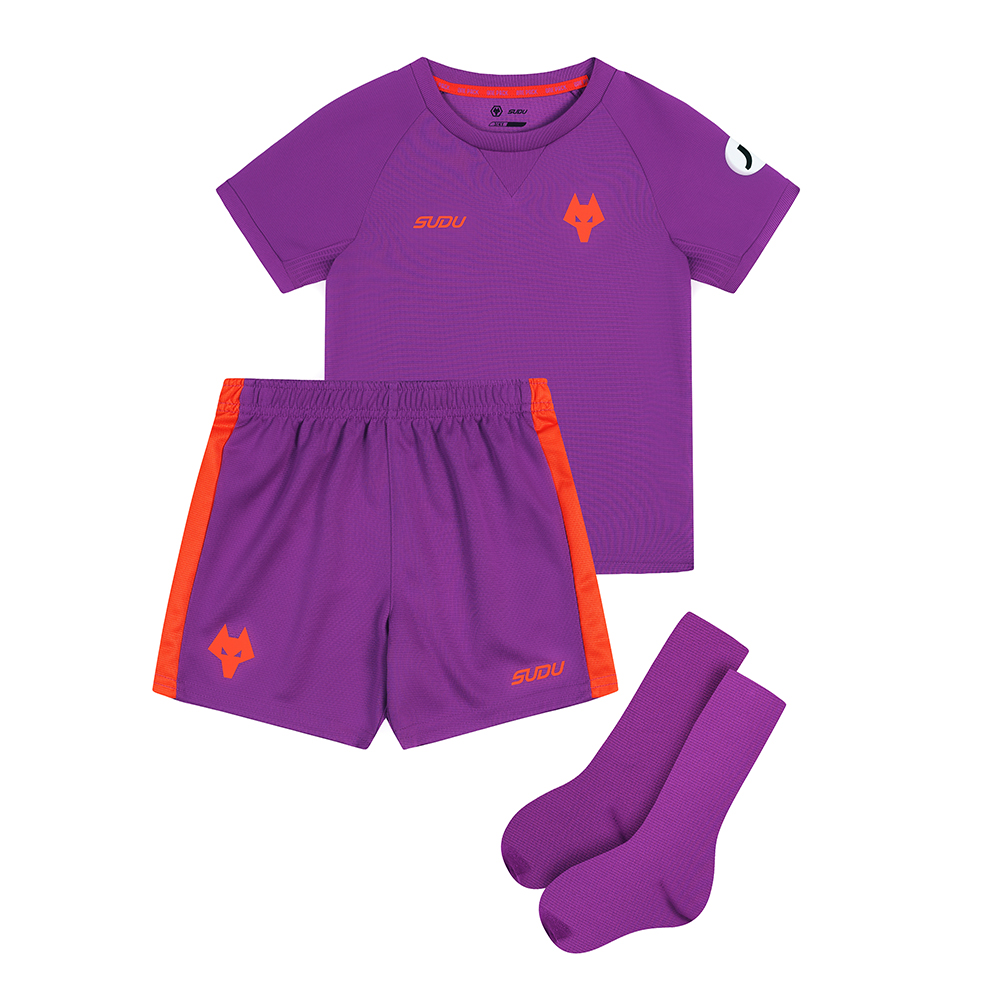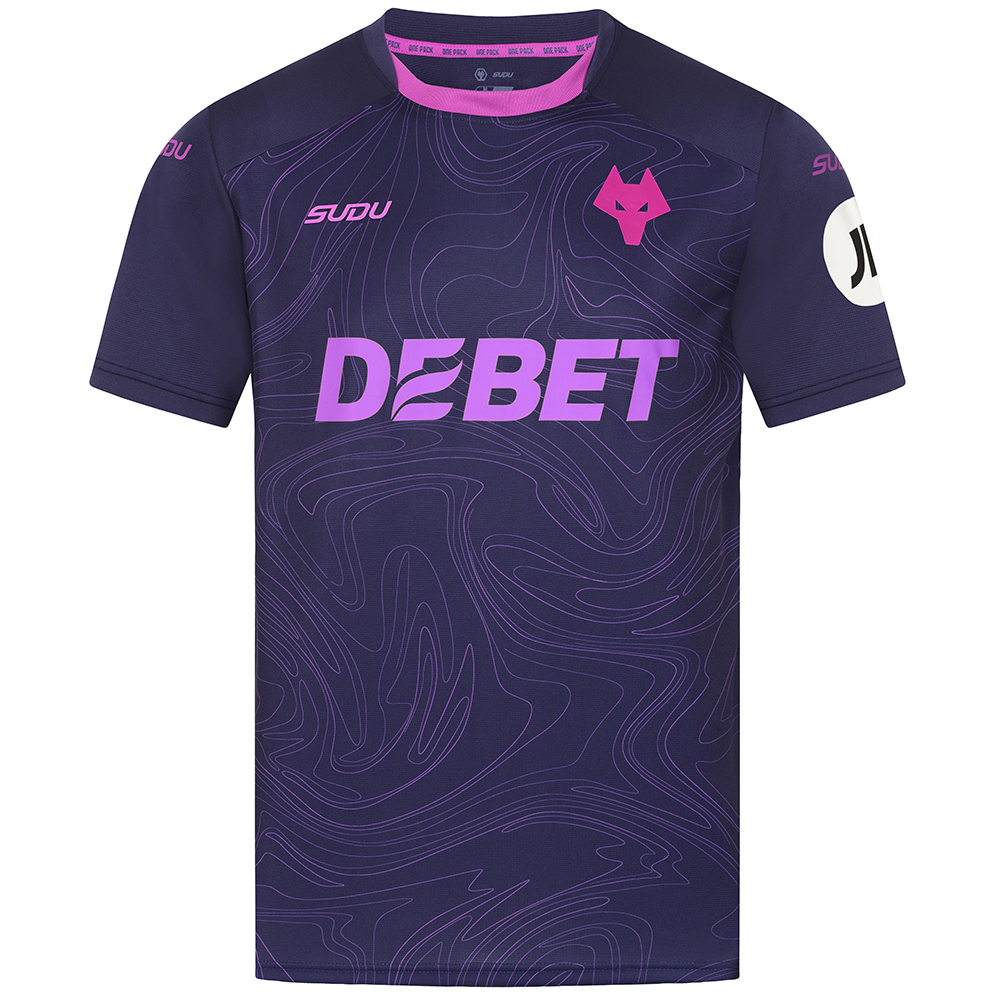The landmark Code was introduced in October 2020 to ensure English football better represents modern society, focusing on increasing equality of opportunity to encourage recruitment of diverse talent across senior leadership teams, team operations and coaching setups.
The Code now has over 60 signatories, including all Premier League clubs, 32 EFL clubs, the FA, Premier League, EFL, Barclays Women’s Super League and Barclays Women’s Championship, which are all committed to tackling inequality and embedding greater diversity in the long term.
During the second season of the Code, some progress was made, with football collectively exceeding targets in hiring Black, Asian and Mixed Heritage senior coaches in the men’s game and coaches in women’s football. There was an uplift in the number of recruitment shortlists which had Black, Asian and Mixed Heritage female candidates, while the number of diverse male candidates increased again.
While some clubs are showing that positive change is possible, it is clear that more needs to be done across the game to meet the Code’s targets. The 2021/22 season saw a decrease in the number of senior management hires for both female and Black, Asian and Mixed Heritage candidates, disappointingly, the recruitment of non-senior diverse coaches in the men’s game, as well as female coaches in women’s football, also fell below the targets during the season.
Wolves signed up to the voluntary code in 2020, and for the second season have made positive increases in almost all targets. Wolves HR director and club equality lead, Zoe Brough, said: “We are particularly proud of hitting our recruitment targets for the numbers of females within team operations and senior leadership. Our focus is now on increasing the equality of opportunity for male and female Black, Asian and Mixed heritage candidates and ensuring that we start to reflect our modern and diverse community. We recognise that we have some work to do around representation in both our male and female coaching teams.”
Click here to view the 2021/22 results in full.
Wolves recently appointed the club’s first equality, diversity & inclusion manager who will lead on the club’s EDI development plan, Gurpri Bains, who said: “It’s important to note the FA FLDC specifically focuses on ethnicity and gender recruitment data for the first team men’s and women’s operational and coaching roles rather than representation on a whole across the organisation.
“For the 2021/22 season no new hires were recruited for the men’s game. However, across both the men’s and women’s game, for operational and coaching roles, as part of the code’s target for shortlist for interview, we had at least one male and one female Black, Asian or of Mixed Heritage candidate who met the job specifications – the club reached 42% male and 22% female candidates for shortlisting.
“At the 2011 Census Data, the City of Wolverhampton had a population of just over 249,000 with 49.5% identifying as female and 50.5 as male, of which 32% were ethnically diverse, this is estimated to have changed since then, and targets for the Club in line with the FA FLDC for the season ahead will be set in accordance with local and national data sets to better ensure we are setting ourselves clear targets and continue to focus on increasing equitable opportunities for all.”
In 2021, The FA launched a careers platform to create greater transparency of roles available across English football and to help clubs and organisations reach a more diverse audience of candidates. All signatories of the Code can advertise vacancies on the platform and since its launch, over 2,600 vacancies have been posted, with over 13,500 applications. Of these, 40% of applicants were from a black, Asian or mixed heritage background, while 19% of applications were from females and 100% of candidates said they would recommend the platform to their network. The FA continues to encourage those who want a role within the game to register their profile on the platform to receive alerts and to search for roles relevant to them.
More information on the Football Leadership Diversity Code, including the version which is tailored for the National League System, grassroots game, and women’s pyramid, can be found here.



